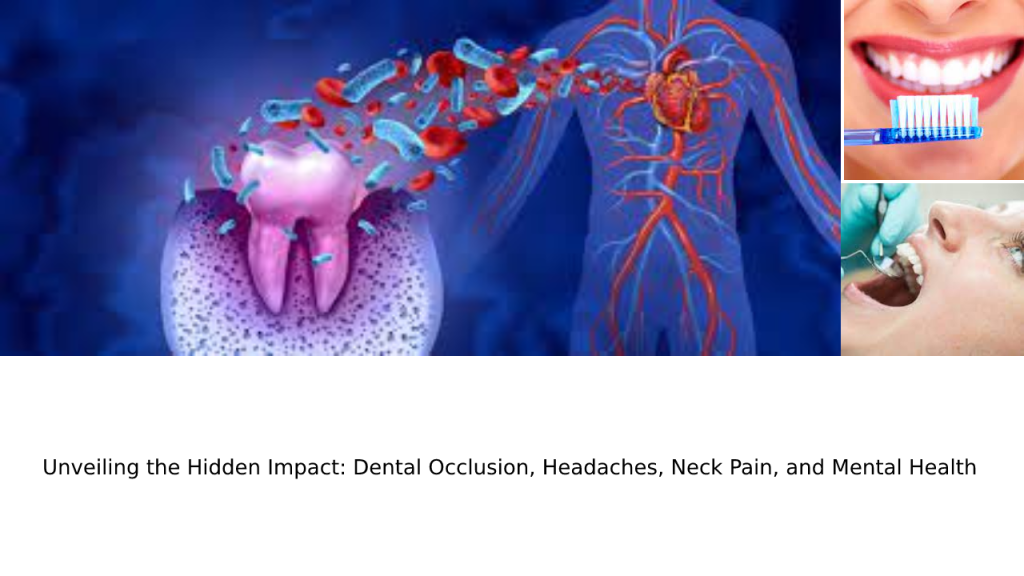The Impact of Oral Health on Overall Well-being
Contrary to a common misconception that associates good oral health solely with self-esteem and a captivating smile, the truth reveals a deeper connection between oral well-being and the overall health and strength of the body. Maintaining healthy teeth and gums plays a pivotal role in safeguarding not only against cavities, bad breath, and painful toothaches but also in promoting the well-being of various bodily systems.
While the neglected condition of teeth is often associated with challenges such as diminished self-esteem and social anxiety, numerous studies have highlighted the far-reaching consequences of poor dental and gum health on multiple aspects of the body. Surprisingly, these effects can extend to potentially contributing to issues concerning the heart, brain, and metabolism.
Embracing a comprehensive approach to oral care goes beyond mere aesthetics, as it holds the key to preserving one’s overall health and vitality.
Unveiling the Hidden Impact: Dental Occlusion, Headaches, Neck Pain, and Mental Health
Headaches and neck pain can significantly disrupt daily life, causing debilitation for those who experience them repeatedly or over an extended period. While many individuals may not consider it, one factor that can contribute to these issues is the alignment of their teeth and jaws, also known as “dental occlusion.” When the upper and lower teeth do not fit together properly, collectively referred to as “occlusal” problems, it can lead to a range of complications. These may include recurring headaches, tooth breakage, premature tooth loss, neck pain, temporomandibular joint pain (related to jaw movement), and more.
Regular dental checkups provide an opportunity for dentists to identify and address jaw alignment issues, potentially alleviating problems associated with dental occlusion.
In light of Mental Health Awareness Month in May, it is important to note the growing body of research linking oral health to mental well-being. A 2021 study published in the journal Frontiers in Oral Health explored the associations between mental/emotional health, oral health, and access to oral healthcare.
The study revealed a higher prevalence of dental visits among participants with categorized good mental health. Furthermore, researchers identified significant connections between dental issues such as premature tooth loss and decayed teeth, and common mental disorders including depression, anxiety disorders, obsessive-compulsive disorder (OCD), and post-traumatic stress disorder (PTSD).
While ongoing research continues to investigate whether poor oral health causes mental health issues or vice versa, a clear correlation between the two is emerging. The link between oral health and mental well-being underscores the importance of comprehensive oral care and its potential impact on overall health.
Exploring the Oral-Systemic Connection: Oral Health and its Impact on Cardiovascular Disease and Rheumatoid Arthritis
Cardiovascular Disease: Unveiling the Link with Oral Health
Studies have revealed a significant correlation between the bacteria associated with poor oral health and various forms of cardiovascular disease, encompassing conditions affecting the heart and blood vessels. Extensive research conducted by Harvard University indicates that individuals with gum disease face a two to three times higher risk of experiencing severe cardiovascular events, including heart attacks and strokes. Ongoing investigations suggest that the increased risk stems from the systemic inflammation triggered by bacteria from periodontal disease entering the bloodstream.
Rheumatoid Arthritis: Unraveling the Oral-Health Connection
Rheumatoid arthritis, an agonizing autoimmune disease characterized by joint inflammation and chronic pain, occurs when the immune system erroneously attacks healthy cells. While research into the association between rheumatoid arthritis and oral health continues, evidence suggests a link between the condition and the oral bacteria linked to inadequate dental hygiene and gum disease.
A 2010 study published in the Journal of Periodontology discovered that individuals with rheumatoid arthritis were twice as likely to have gum disease compared to those without the condition. Furthermore, patients with severe periodontal disease exhibited more pronounced symptoms of rheumatoid arthritis.
While the aforementioned conditions are still being extensively studied, their connection to oral health cannot be dismissed. Recognizing the interplay between dental well-being and overall health, it is essential to prioritize the maintenance of healthy teeth and gums. By doing so, one can not only preserve a radiant smile but also potentially reduce the risk of developing serious health complications in the future.
Dr. Brad Mokris is the co-owner of Coastline Orthodontics, with locations in Jacksonville, Fernandina Beach, and Macclenny.
